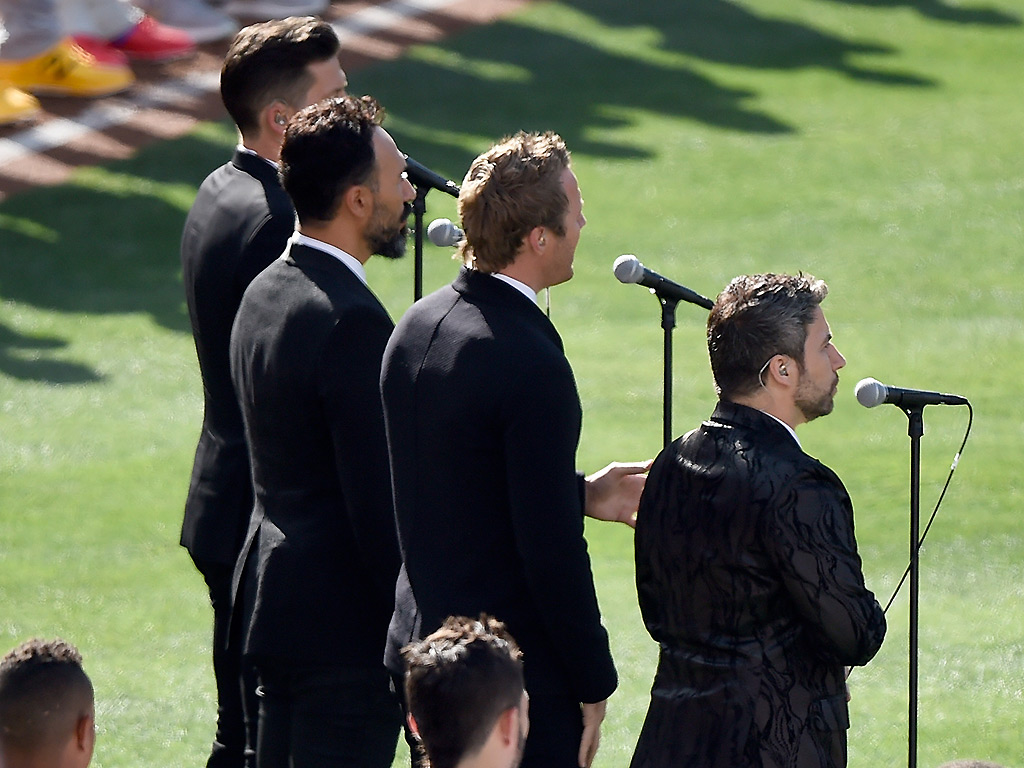It’s been an interesting week for entertainers and people in positions of power using their platforms to express their political opinions.

Canadian musical group The Tenors felt immediate backlash when one member went rogue and altered the lyrics of the Canadian national anthem at the MLB All-star game in support of “All Lives Matter.”
READ MORE: ‘Lone wolf’ Tenor Remigio Pereira apologizes for ‘all lives matter’ O Canada lyrics
Closer to home, a Regina police officer is being internally investigated for comments made online, which some have deemed highly offensive.
Global’s Brandon Gonez spoke to University of Regina Professor Dave Gerhard about this issue.

Q: Should entertainers or people in power use their platforms for their own political opinions?
This is a place where we start to come up against the expectations that a larger audience has for somebody that is in a particular position. We don’t expect a person in a singing group to necessarily have a political opinion. We don’t expect our police officers to have these specific political opinions. So, when they expose their alternative opinions on social media, we’re surprised and we’re frustrated and somehow betrayed.

Q: In this day of social media is it okay for entertainers or people in power to express their opinion if they’re on the “right” side of the debate?
Well, it’s okay if you’re on the right side of the argument that seems to be a larger public opinion. It’s also okay if you’re not messing around with a national anthem. That’s a little bit of a line that we perhaps don’t cross. The problem I think is that in our social networks we tend to be a little bit insulated. For example, I’m friends on Facebook with people that I agree with and typically other people are the same way. So, a person in that position may not have known the backlash they would have gotten against that opinion because in their particular circle perhaps they’re surrounded by people who agree with them. And so they’re surprised when that opinion isn’t as popular in the mainstream.
The Regina Police Service has a policy about social media that says you can express yourself online as long as what you say doesn’t impinge on your performance of your duties. This is a very careful line that they have to cross because for some things that they’ll say it’s clearly relevant to their duties and for other things, it’s clearly completely irrelevant. But in this case, we don’t expect our police officers to have these kinds of racial opinions. So, it’s surprising and frustrating and feels kind of like a betrayal.
Q: For people on social media, does this give people an opportunity to hold people accountable?
I think it does. Because before social media, we wouldn’t necessarily know the people in power have these kinds of opinions. You might meet somebody at a party and you might discover that they have controversial opinions but you wouldn’t necessarily connect it to their career or their position. Now, because we know everything about them because on social media you have to be your own person and you have to be who you are in real life, we can make those connections between the controversial opinions people hold in their smaller communities and their larger role.







Comments